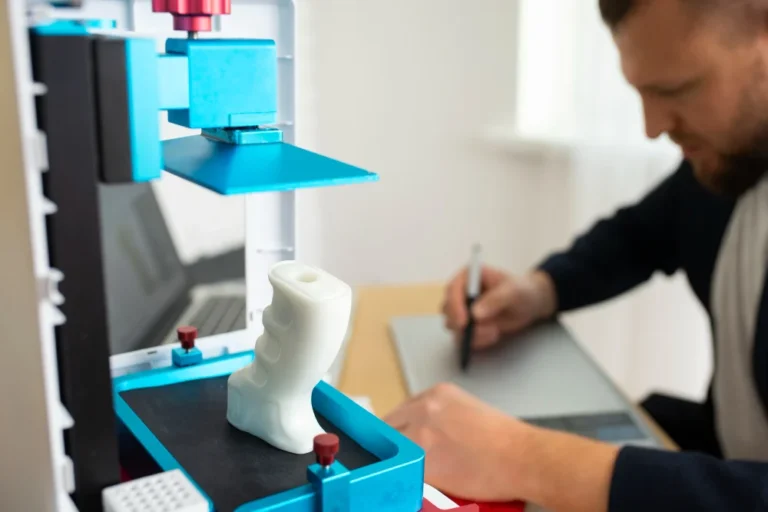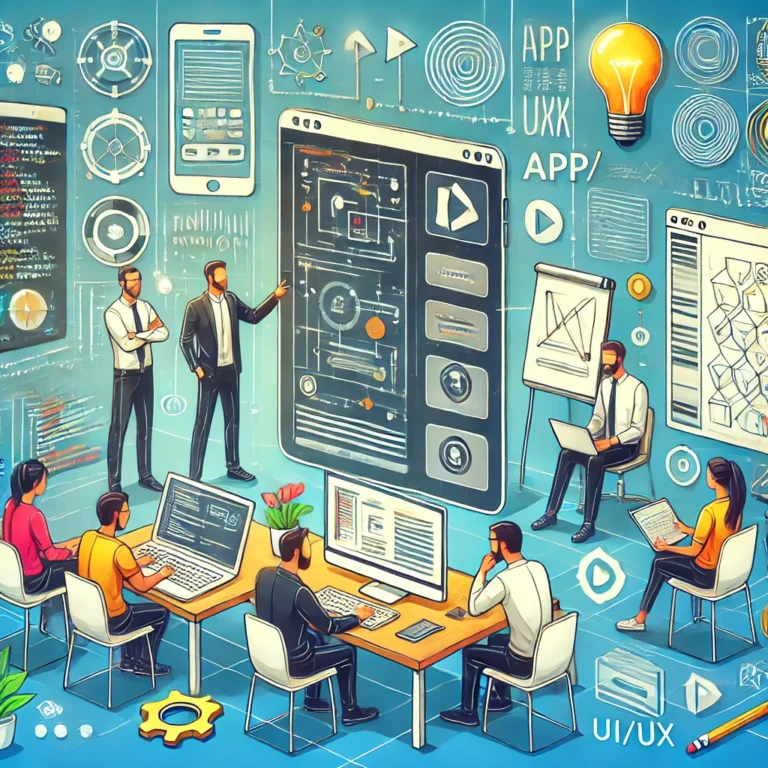Desk Booking Software: Transforming Workspace Management in the Modern Office
Introduction
In today’s dynamic business environment, managers always look for ways to improve their workplace and employees’ efficiency. One of the solutions that has been implemented rather actively in recent years is the desk booking software. This technology is changing how organizations are solving their workspace challenges, especially during the emerging new ways of working. In this article, the author discusses what desk booking is, why people should adopt it in their offices, and how one can do it.
Understanding Desk Booking Software
Desk booking software is a modern technology solution that can be also referred to as hot desking software or workspace reservation systems that enable the booking of desks or workstations in the office. This makes it easier to share actual working office space meaning that instead of assigning each employee a specific desk, one can dynamically assign the space.
Key Features of Desk Booking Software
Let’s now explore the various features of desk booking software:
- Real-time Availability:
The available desk can easily be seen and reserved by the users which eliminates confusion of users to certain desks.
- Interactive Floor Plans:
A lot of the systems contain graphical representations of the office layouts and some of them even feature specific desks that can be chosen based on their location.
- Mobile Accessibility:
Currently, efficiency can be improved and employees are offered the opportunity to book desks via applications on their smartphones or environments that are designed for this purpose.
- Integration Capabilities:
These systems are normally linked with other workplace utilities like calendar applications as well as directory services.
- Booking Management:
Options to change your booking or cancel it, establish a recurring booking, and work with the waiting list.
- Analytics and Reporting:
Applications for monitoring people’s behavior, staying levels, and similar indicators.
- Check-in/Check-out Functionality:
Alternatives available to the users to indicate that they have arrived or to liberate a workbench, if this is no longer necessary.
- Customizable Rules:
The system must allow for the setting of the booking policies, time limits, and access as when required by the organization.
Benefits of implementing desk booking software
- Enhanced Space Utilization
Another benefit of the desk booking software is that it helps in the efficient use of space by allotting an office desk to a particular employee. Due to the ability of employees to book a desk when necessary without necessarily occupying a designated desk throughout their shift organizations can accommodate more personnel within the available space. This flexibility could reduce costs connected with the rental of buildings and the usage of power in a major manner.
- Support for Flexible Work Arrangements
The growing tendency of companies to use hybrid work schemes makes desk booking software valuable in facilitating the fluctuations of in-office employees. This makes it possible to schedule office attendance and guarantee that the employees have a proper working environment any time they report to work, thus promoting a blend between working from home and working from the office.
- Improved Employee Experience
Front desk scheduler software also has the democratizing effect of providing the ability to book workspaces to employees. Concerning the physical arrangement of the desks, the employees can select their preferred working environment, from the location near their teammates, the amount of light, or avoiding areas that might be noisy. This autonomy can lead to higher job satisfaction as well as productivity levels since the employees are being entrusted by the management to work on such projects.
- Data-Driven Decision Making
It is crucial to understand that analytics created by desk booking systems enable understanding the utilization patterns of space. This information can be used for planning office design, recognizing the necessity of having various typologies of workplaces or searching for possibilities for downsizing. This approach helps organizations make the right decisions in strategies related to their workplace since they are given the details of how the space is being utilized.
- Enhanced Collaboration and Networking
Some works such as Proximity can help move people around the office, and since many of the bookings are done at a particular desk, it’s possible to get people to work together who may not usually. This may help in increasing team cooperation and sharing of ideas as well as nurturing loyalty to work among the people in an organization.
- Time and Resource Savings
It also means that organizations do not have to undertake a traditional approach to work environment booking whereby they have to look for the assistance of the facility management department to book working stations. This in turn frees up time for the employees and administrative personnel, to undertake other relevant and productive tasks.
- Improved Hygiene and Safety
In this regard, desk booking software has assumed more relevance in the perspective of workplace management during the COVID-19 pandemic. It can reduce the number of desks to maintain people’s distance, make it easy to track people’s interactions when necessary, and clean desks between users.
Implementing Desk Booking Software
When choosing a desk booking system, businesses need to take into account several factors:
- User Interface:
Another important aspect that defines high adoption rates is the interface of the software – it should be simple, clear, and unproblematic.
- Scalability:
The ability of the system to evolve with the organization and continuously emphasize the changing demands is also an important factor.
- Integration Capabilities:
Interoperability with the other applications and systems and various hardware should be supported so that they can cooperate.
- Customization Options:
The options that it has in regards to customization as to policies and branding within the organizations.
- Mobile Functionality:
Strong mobile capabilities are something particularly important in today’s workplaces that are rarely static.
- Reporting and Analytics:
Decision-supporting totalities of data analyzing tools and technologies.
- Support and Maintenance:
Maintenance with credible vendors is highly important to ensure the smooth running of the system.
Conclusion
Desk booking software has therefore come in as a powerful solution for organizations seeking to maximize their office spaces as well as accommodate the new flexibility at the workplace. Given that workstations are complex entities in terms of their design and utilization, work-ordering solutions can increase the efficiency of the physical space, have a positive impact on employee satisfaction, and supply relevant information to decision-makers.
Thus, the modern tendencies in the development of work assume the further demand for flexible, technology-based management of workspace. Overall, there are various issues related to the implementation of desk booking software, however, the advantages that organizations get, concerning productivity, costs, and satisfaction rate of workers, let alone, justify the use of this innovation in a company.
Companies that wish to take advantage of innovation, optimize the operations of their offices, and enhance satisfaction by the employees should ensure they choose the proper desk booking software, create the best implementation plan, and can then remain reactive to the hints presented to them by the user. With technology developing forward, such systems will most probably deliver even enhanced characteristics for the workplaces of the future.






